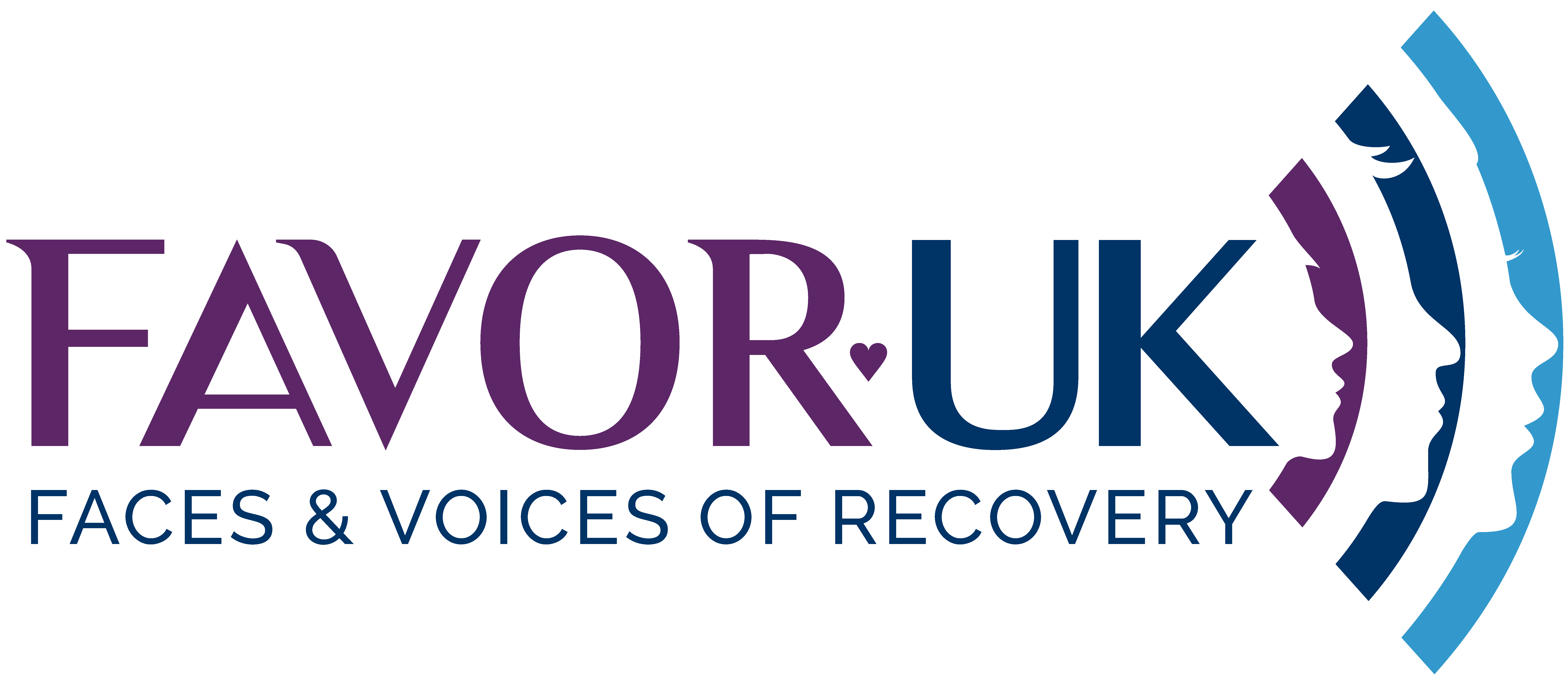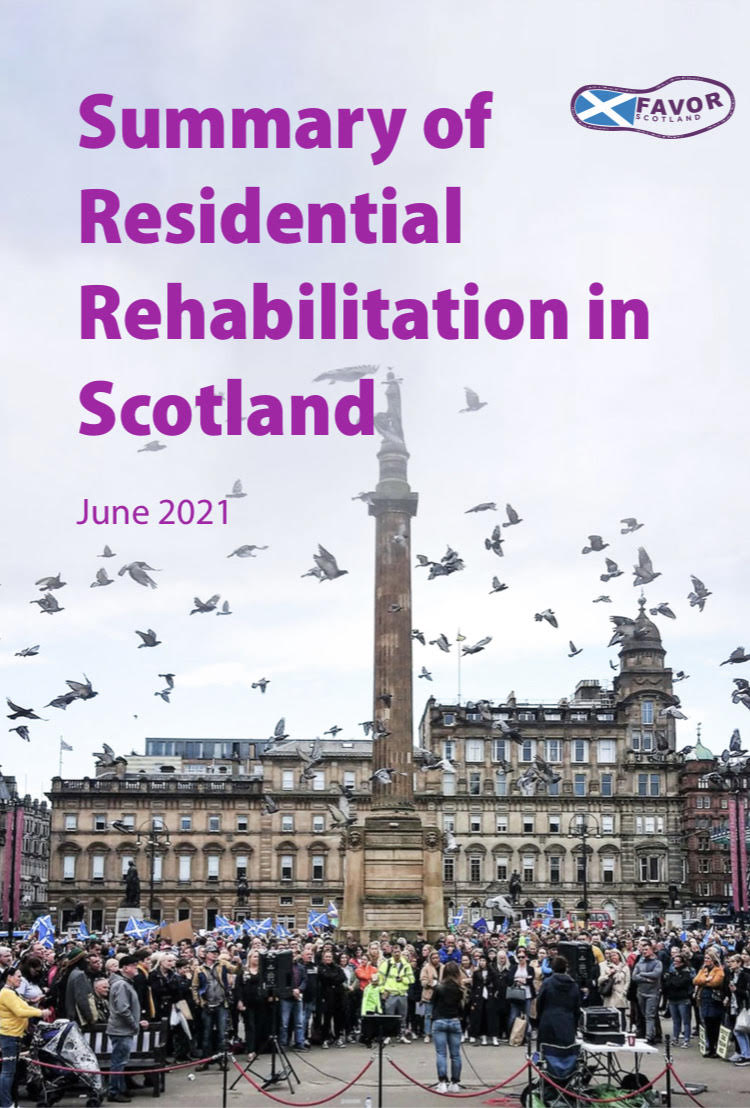There is no doubt that we are in the grips of an ever-increasing [1]public health emergency when it comes to deaths related to drug use. These drug deaths continue to [2]rise year on year and have done for around a decade. A 2019 University of the West of Scotland report makes a clear correlation between funding decisions, primarily cuts, and how these can be linked to the increase in drug related deaths – especially among those who cannot afford to fund their own rehabilitation. In December 2020, after the publication of drug deaths, the First Minister appointed a new dedicated Drugs Policy Minister in Angela Constance MSP. Both Nicola Sturgeon and Ms Constance have made a public commitment to not only reduce the deaths, but also improve care pathways for individuals, this includes residential rehabilitation.
Concern regarding the provision of residential rehabilitation in the addictions field is not new. Concerns surround the lack of accessible beds, how people access these and how they get the funding for it, if at all. Despite the effectiveness of residential rehabilitation having been widely evidenced as a viable treatment option[3] there seems to be systemic reluctance from many professionals and local authorities to put in place procedures that would allow service users direct access to residential rehabilitation.
Residential rehabilitation is not to be defined in the same context as a detox centre or stabilisation unit. These types of services offer placements for a few weeks and allow a place where someone can either detox from drug/alcohol use or stabilise onto prescription replacements – but these services will not necessarily treat the underlying reasons as to why someone will use these substances habitually. Given the lack of detox only beds often someone will leave these short-term services stabilised on some form of prescription medication (MAT, OST etc) with very little option of going somewhere longer term from this service. Residential rehabilitation is for a period of usually around 3 to 12 months where they will be offered counselling, physical/mental health support and various other offers designed to ensure that they can be supported to make positive life changes. Offers could also include a range of support such as moving on support, housing and throughcare, education and skills training although individual services may offer some or all of these dependent on their own programme.
The opportunity to do these in a safe and controlled environment should be an option available to all.
This report offers a summary of the current state & potential soultions going forward. Please down load & share eith you coluges and as always with all our products please feel free to use in any way you can to help those who are so desperately needing help. Please also get in touch if you want to help support our work of offer any other insight that could be used to help. You can read & download the report at the link below.
Summary of Residential Rehabiltation in Scotland[v3]
[1] https://www.bbc.co.uk/news/uk-scotland-55184961
[2] https://drns.ac.uk/drns-convenor-to-chair-scottish-drugs-death-taskforce/
[3] https://shaap.org.uk/blog/331-residential-rehabilitation-powering-up-in-2021.html

